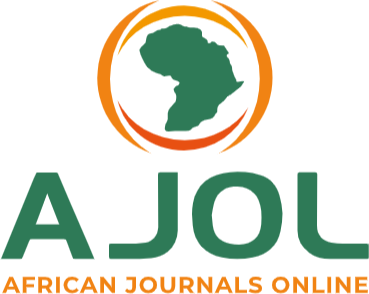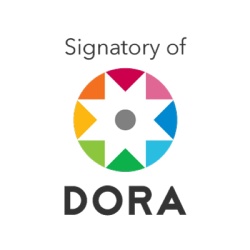The role of digital technology in empowering children for sustainable development.
دور التكنولوجيا الرقمية في تمكين الطفل من أجل تنمية مستدامة
Abstract
"Digital transformation" has already changed the world. Technology is now accessible to all members of society and has made life easier, faster and more prosperous. It has also reached all age groups of males and females. One of the advantages of these digital technologies is that they may change the rules of the game for children who are left behind - whether because of poverty, race, ethnicity, gender, disability, displacement or geographical isolation - and allow them to be linked to a world of opportunity, and Providing them with the skills they need to succeed in a digital world, but unless access is expanded, digital technology may create a new divide that prevents children from realizing their potential. And the risks to which the child may be exposed Even more vulnerable to exploitation in various aspects as a result of digital literacy so deliberately many countries and including Algeria to the positive discrimination of the child to protect it from the damage caused by the digital world to enable him and the advancement of society and keep up with technological development and by focusing on investment in the field of digital technology
Downloads
References
- Arabic references in English:
Ibn Manzur (1997). Lisan al-Arab (Vol. 1). Beirut: Dar Sader for Printing and Publishing.
Qabaar, Ismail, & Eid, Azat (1984). Juhooh al-Ahdath (Juvenile Delinquency). Kuwait: Wakalat al-Matboo'at.
Ghadeer, Basim (2010). Economy of Knowledge. Aleppo, Syria: Shuaa for Publishing and Sciences.
Bahri, Fatima (2007). Criminal Protection of Child Laborers. 1st ed. Alexandria: Dar Fikr University.
Qamar, Tawfiq (2008). Social Care for Families and Childhood. 1st ed. Cairo: Al-Maktaba Al-Asriya.
Ghneim, Othman Mohamed, Abouzant, Ahmad, & Majda (2006). Sustainable Development. Amman: Dar Safa.
Rabi, Mustafa Alyan (2010). Economy of Information. 1st ed. Amman: Dar Safa for Publishing and Distribution.
Murrel, K.L., & Meredith, M. (2000). Empowering Employees. New York: McGraw-Hill.
Children in the Digital World (2017). UNICEF State of the World’s Children Report 2017. UNICEF.
Taba, Sonia (27-06-2018). Thousands of Experts at the Smart Cities Summit for Investment and Technology. Published in Al-Sha'ab Newspaper, p. 05.
Charbel, Ghassan (13-02-2015). Modern Technology and Children. Al-Arab International Newspaper, Middle East. Retrieved from: https://aawsat.com/home/article/288181.
Mahmoudi, Habiba (2018). Your Family Project Failed to Print. Retrieved on 10/11/2018 at 23:00h from ennaharonline.com.
Al-Mabarat Charity Association (2018). Retrieved on 10/11/2018 at 10:40h from: http://www.mabarrat.org.lb/news.
Ministry of Postal and Telecommunications and Digital Technologies. Retrieved from: https://www.mpttn.gov.dz/ar/content.
E-Learning Forum (10/11/2018). What is Digital Technology. Retrieved from: http://elearning.akbarmontada.com/t202-topic.

This work is licensed under a Creative Commons Attribution-NonCommercial 4.0 International License.





















